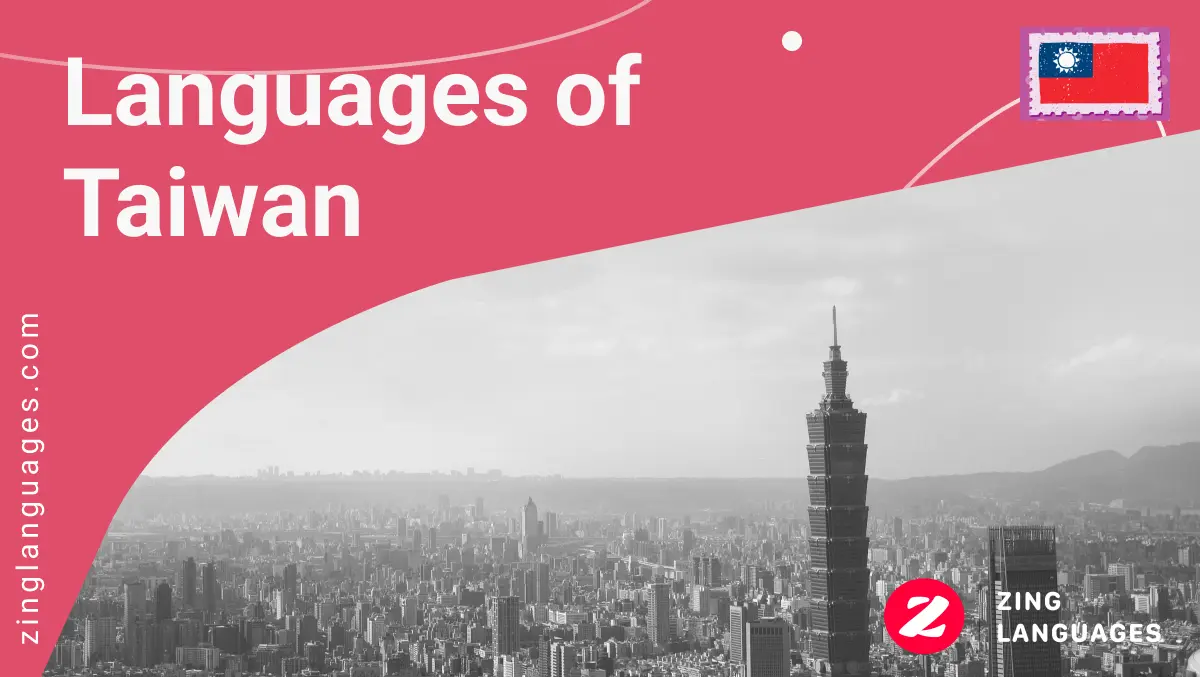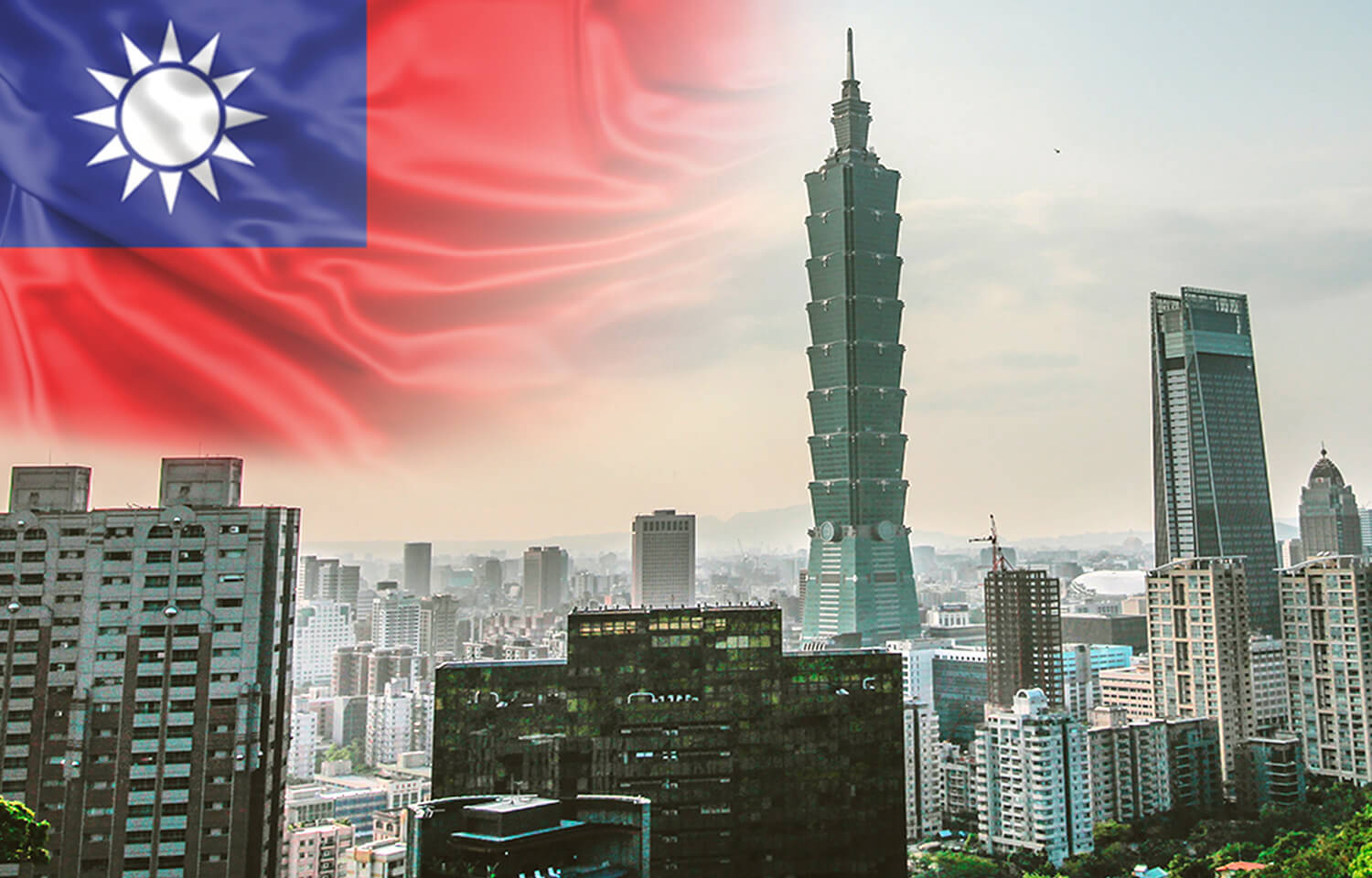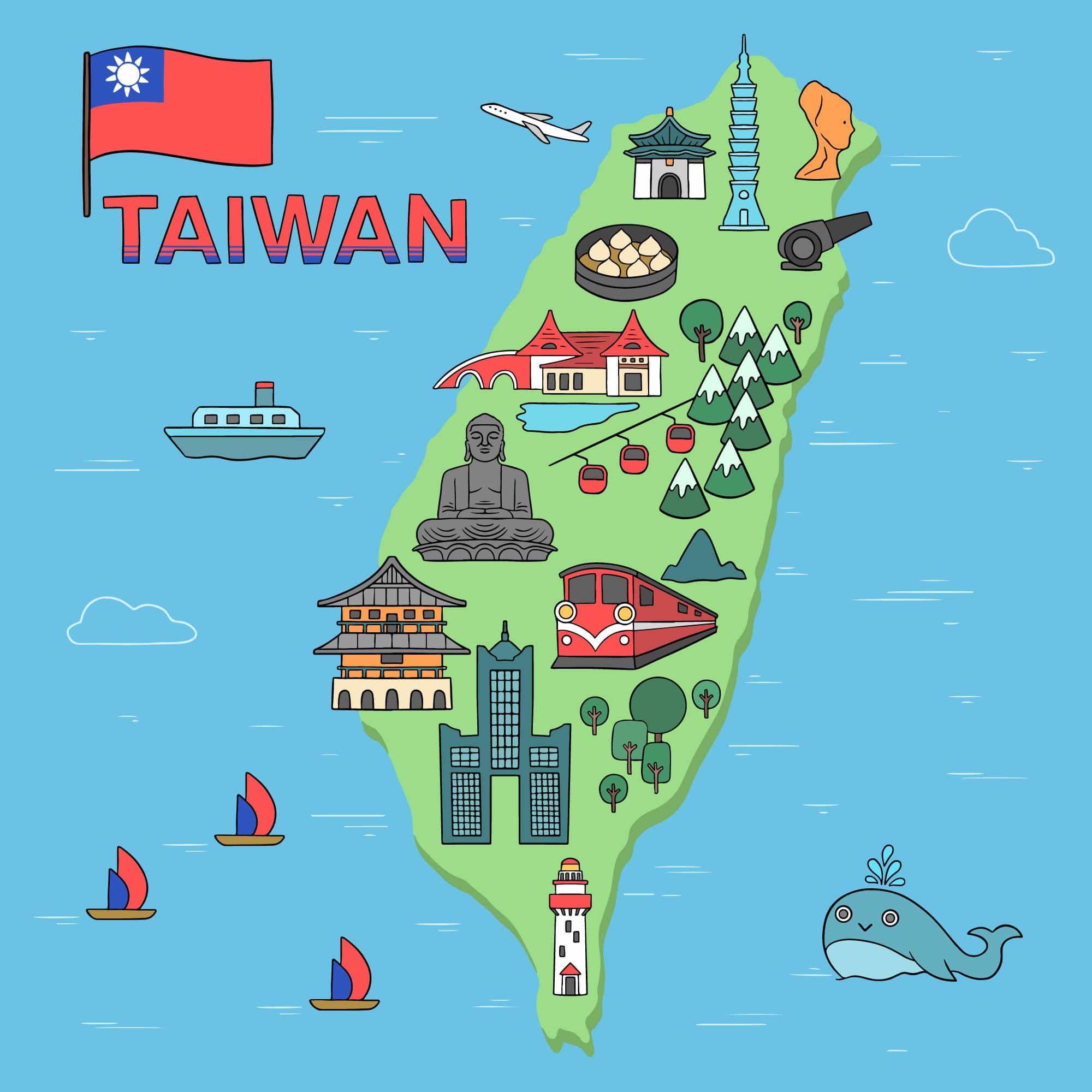What language is spoken in Taiwan? Mandarin Chinese holds the official title, yet the linguistic landscape is a vibrant tapestry woven with diverse dialects and aboriginal tongues. This exploration unveils the intricate sociolinguistic tapestry of Taiwan, where language intertwines with history, culture, and identity.
From the bustling streets of Taipei to the serene villages nestled amidst the mountains, Taiwan’s linguistic diversity reflects its rich cultural heritage. Mandarin Chinese, the official language, dominates government, education, and media, yet other languages such as Taiwanese Hokkien, Hakka, and aboriginal languages continue to thrive.
Introduction

Taiwan, officially known as the Republic of China (ROC), is an island nation located in East Asia, off the southeastern coast of mainland China. Taiwan has a rich and diverse history, dating back to the 17th century when it was colonized by the Dutch.
It was later ruled by the Qing dynasty of China from 1683 to 1895, after which it was ceded to Japan following the First Sino-Japanese War.
After World War II, Taiwan was returned to the ROC, but the Chinese Civil War resumed, with the ROC government retreating to Taiwan in 1949. Since then, Taiwan has developed into a modern and prosperous democracy, with a vibrant economy and a diverse population.
Languages Spoken in Taiwan
The main languages spoken in Taiwan are Mandarin Chinese, Taiwanese Hokkien, and Hakka. Mandarin Chinese is the official language of Taiwan and is used in government, education, and the media. Taiwanese Hokkien is a Southern Min dialect spoken by the majority of the population, while Hakka is another Southern Min dialect spoken by a significant minority.
Official Language: What Language Is Spoken In Taiwan
Mandarin Chinese holds the status of the official language in Taiwan. Its adoption as the official language was a result of several historical and political factors.
Reasons for the Adoption of Mandarin
The adoption of Mandarin as the official language in Taiwan can be attributed to the following reasons:
- Historical Influence:After the Qing dynasty conquered Taiwan in 1683, Mandarin became the official language of the island, replacing the previously dominant Hokkien and Hakka dialects.
- Nationalist Government:When the Kuomintang (Nationalist Party) retreated to Taiwan in 1949 after the Chinese Civil War, they established Mandarin as the official language to promote national unity and strengthen ties with mainland China.
- Educational System:The Nationalist government implemented a Mandarin-based educational system, making it the primary language of instruction in schools and universities.
Usage of Mandarin
Mandarin is widely used in Taiwan in various domains:
- Government:Mandarin is the official language of government proceedings, official documents, and communications.
- Education:Mandarin is the primary language of instruction in all levels of education, from kindergarten to university.
- Media:Mandarin is the dominant language used in television, radio, newspapers, and other forms of media.
Other Spoken Languages

Besides Mandarin, several other languages are spoken in Taiwan, each with its own unique cultural and historical significance.
The most widely spoken of these languages are Taiwanese Hokkien, Hakka, and various aboriginal languages.
Taiwanese Hokkien, What language is spoken in taiwan
Taiwanese Hokkien, also known as Min Nan, is a Southern Min dialect spoken by about 70% of the population in Taiwan. It is the native language of the majority of the Hoklo people, who migrated from Fujian province in China centuries ago.
Taiwanese Hokkien has a rich vocabulary and grammar, and it is used in many aspects of daily life, including business, education, and entertainment.
Hakka
Hakka is another Chinese dialect spoken by about 15% of the population in Taiwan. It is the native language of the Hakka people, who also migrated from Fujian province in China. Hakka has its own unique vocabulary and grammar, and it is still spoken by many Hakka people in Taiwan today.
Aboriginal Languages
There are 16 officially recognized aboriginal languages spoken in Taiwan, each representing a distinct ethnic group. These languages are spoken by about 2% of the population, and they are an important part of Taiwan’s cultural heritage. Aboriginal languages are used in traditional ceremonies, songs, and stories, and they are also taught in some schools.
Language Policy and Education
The Taiwanese government’s language policy aims to preserve and promote the use of both Mandarin Chinese and Taiwanese Hokkien, the two most widely spoken languages in Taiwan. This policy has a significant impact on language use in various domains, including education, media, and government.
Education plays a crucial role in promoting and preserving different languages in Taiwan. The government has implemented bilingual education programs in schools, with Mandarin Chinese as the primary language of instruction and Taiwanese Hokkien as a compulsory subject. These programs aim to ensure that students are proficient in both languages and can effectively communicate in different contexts.
Bilingual or Multilingual Education Programs
In addition to bilingual education programs, there are also multilingual education programs in Taiwan that incorporate other languages such as English, Japanese, and indigenous languages. These programs are designed to foster cultural diversity and provide students with a global perspective.
Sociolinguistic Situation

The sociolinguistic situation in Taiwan is complex and dynamic, influenced by historical, political, and cultural factors. Mandarin Chinese is the official language, but several other languages are also spoken, including Taiwanese Hokkien, Hakka, and indigenous languages.
Language attitudes in Taiwan are generally positive towards Mandarin Chinese, which is seen as the language of education, government, and media. However, there is also a growing appreciation for the preservation and revitalization of Taiwanese Hokkien and other non-Mandarin languages.
Language Shift
Taiwan has experienced significant language shift towards Mandarin Chinese in recent decades. This is due to factors such as urbanization, education policies, and the dominance of Mandarin in the media. As a result, the number of speakers of Taiwanese Hokkien and other non-Mandarin languages has declined.
Factors Influencing Language Choice and Maintenance
Language choice in Taiwan is influenced by a variety of factors, including social context, domain, and individual identity. Mandarin Chinese is typically used in formal settings, such as schools, government offices, and business meetings. Taiwanese Hokkien and other non-Mandarin languages are more commonly used in informal settings, such as home and among friends.
Language maintenance is supported by factors such as strong community ties, cultural pride, and the availability of language resources. However, language shift is also influenced by factors such as intermarriage, migration, and the dominance of Mandarin in the media.
Challenges and Opportunities for Language Diversity
Taiwan faces challenges in maintaining its linguistic diversity. These include language shift, the dominance of Mandarin Chinese, and the lack of support for non-Mandarin languages in education and the media.
Despite these challenges, there are also opportunities for language diversity in Taiwan. These include the growing appreciation for non-Mandarin languages, the development of language revitalization programs, and the increasing use of non-Mandarin languages in the media.
Outcome Summary

Taiwan’s linguistic landscape is a testament to the island’s vibrant cultural heritage. Mandarin Chinese, as the official language, plays a vital role in national identity and communication. However, the continued vitality of other languages, such as Taiwanese Hokkien, Hakka, and aboriginal languages, highlights the importance of preserving linguistic diversity.
As Taiwan navigates its future, the harmonious coexistence of these languages will undoubtedly shape its cultural and linguistic identity.
Popular Questions
What is the official language of Taiwan?
Mandarin Chinese is the official language of Taiwan.
What other languages are spoken in Taiwan?
Other languages spoken in Taiwan include Taiwanese Hokkien, Hakka, and aboriginal languages.
Why is Mandarin Chinese the official language of Taiwan?
Mandarin Chinese was adopted as the official language of Taiwan due to its widespread use and its role as the national language of China.
What is the sociolinguistic situation in Taiwan?
The sociolinguistic situation in Taiwan is complex, with Mandarin Chinese dominating official domains while other languages are used in informal settings and by specific ethnic groups.